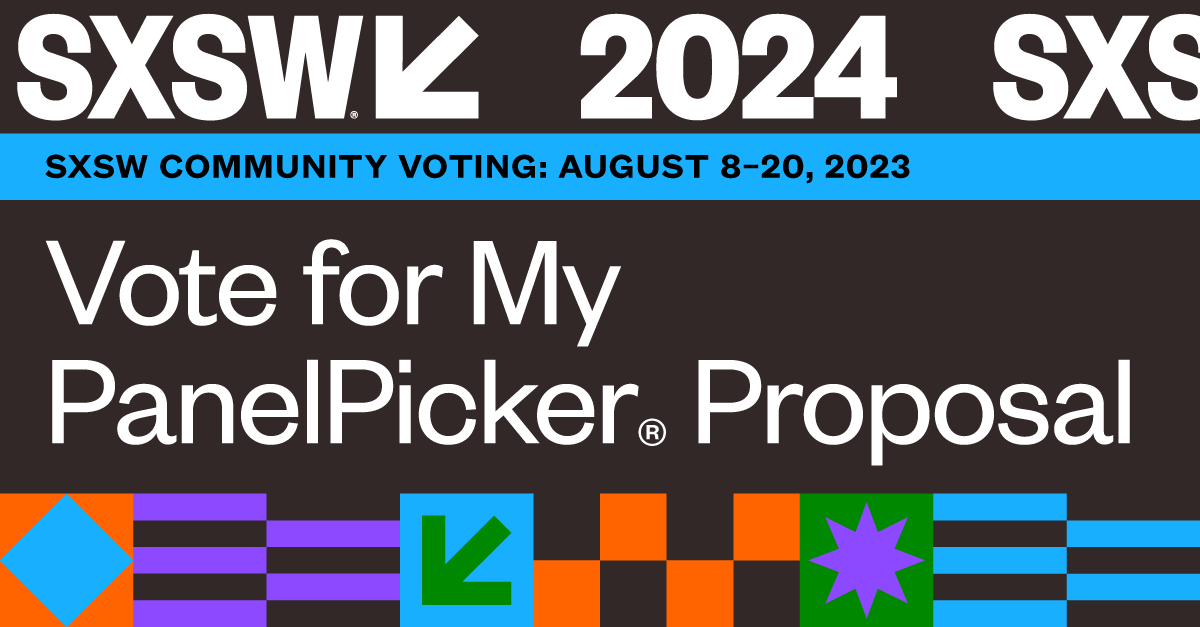A bipartisan Congressional group wants to bring the Copyright Act into the digital age of streaming with the Music Modernization Act. Somewhat unusual in the world of new legislation, the bill seems to have garnered support from music publishers, songwriters and the digital streaming services that distribute the music. The House version is H.R. 4706 and Senate version is S.2334.
While there are a number of areas the proposed legislation seeks to update, the heart of this legislation is a major change in the way streaming services pay ‘mechanical’ royalties – the commissions paid to songwriters and publishers when their musical compositions are recorded or reproduced. Currently, under Section 115 of the Copyright Act, anyone can automatically get a license to reproduce a musical composition – to get access to the song, simply file a Notice of Intention through the Copyright Office and pay a set rate. But streaming music services complain they can’t find the authors for every single song and songwriters view the music services claims as an excuse to avoid paying royalties until (and if) they are sued.
Although the new Act won’t prohibit the digital music business from negotiating license agreements directly with the copyright owners, the new Act would create a central database called the “Mechanical Licensing Collective” and instead of requiring individual “Notices,” streaming music companies could pay a blanket license fee for their on-demand, digital music services (e.g. streaming music). The ‘Collective’ would be responsible for allocating payments of these mechanical royalties, which go to songwriters and publishers when their musical compositions are recorded or reproduced, to the rightful owners. The blanket license would cover every song in the Collective’s database – a database funded by the streaming music services, but administered by the music publishers. For the digital music companies, it would eliminate the liability associated with infringement lawsuits from songwriters and publishers since now the database administrators would be responsible for identifying the owner and making sure payments are made.
Which brings us to another major change the Act would implement. Currently, the Copyright Royalty Board, sets the rates paid for mechanical licenses, based on a set of public-interest directives known as 801(b)(1) factors which are intended, in essence, to balance competing interests – availability to the public versus the disruptive effect on the parties in interest. The new Act would use a more ‘fair market value’ type system (already used to set digital radio performance royalty rates) that would be intended to more closely resemble free-market dynamics.
There are numerous other changes the legislation would make to existing licensing and royalty schemes. For example, today, the major music licensing services (e.g., ASCAP, BMI) consistently have the same 2 judges that oversee the rate courts which decide compensation for songwriters. The new legislation would eliminate that process and assign judges, as with other Federal litigation, on a randomly rotating basis. The Act would also repeal the current rule (Section 114(i)) that prevents courts from hearing certain types of evidence when considering the calculation of performance royalties – the money paid when a musical composition is broadcast on radio or otherwise publicly (e.g., elevators, health clubs, etc.).
With broad bipartisan support and industry consensus, it seems likely the the Music Modernization Act, at least in some form closely resembling the bills introduced in both the House and Senate, will become law in the current Congressional session. Stay tuned – literally!
Rimon has lawyers with decades of experience in the music industry, representing artists, as well as publishers and industry associations and if you have questions, need help or would like to know more, feel free to contact me, Joe Rosenbaum, or any of the lawyers at Rimon with whom you regularly work.




